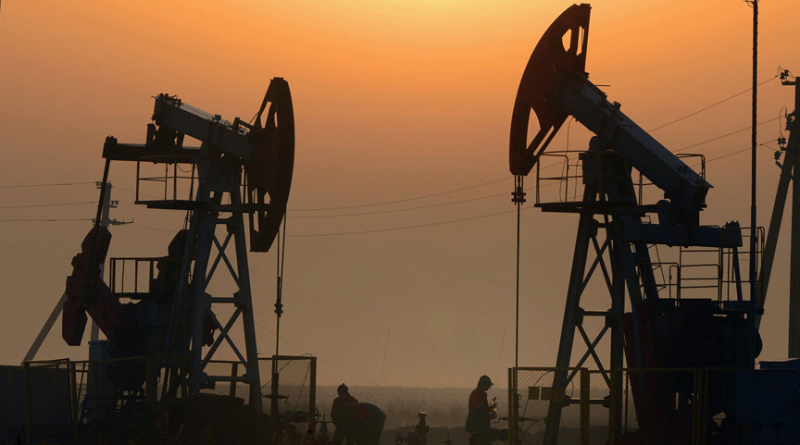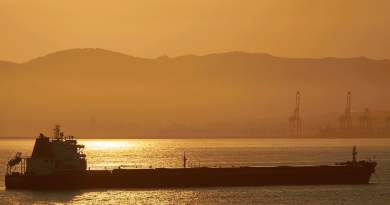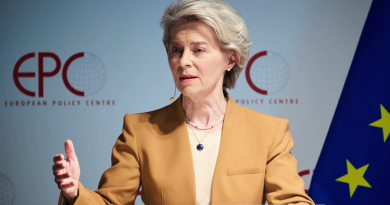Calling out the West
Vijay Jayaraj is a Contributing Writer to the Cornwall Alliance for the Stewardship of Creation and a Research Associate for the CO2 Coalition
The Russian subject is a sensitive one. The global consensus, including that of India, is that its invasion violated Ukraine’s sovereignty. But when it comes to trade relations, the lines remain blurred despite the massive exodus of businesses from Russia.
For example, Europe had been buying Russian gas in large volumes even as it levied other forms of sanctions on Moscow. It was not until recently that European states decided to phase out their import of Russian gas. This in effect meant that more funds from Europe were flowing into Russia than into Ukraine during the war.
Likewise, India too is a trade partner of Russia. But unlike Europe, India has decided not to phase out Russian oil, but to increase its import. India’s position irked politicians and media entities in the West.
Last week, India defended its decision as a matter of domestic energy requirements. It explained why it neither supports Russia nor is against the Western axis that supports Ukraine.
India’s External Affairs Ministry clears the air on Russian oil
Speaking at the conference in Bratislava, the media questioned India’s External Affairs Minister Jaishankar on Russian oil.
In a very raw response, the Minister explained why India’s priority is to meet the energy needs of its people, who make up one-sixth of the world’s population. 300 million among the 1.3 billion are still in poverty, and many more millions live in energy poverty, with little or no access to electricity.
He also dismissed the argument that India is funding the war by acting as Russia’s oil customer. He asked the media if Europe’s “buying Russian gas is not funding the war?”
“Today, Europe is buying oil and gas from Russia and new package of sanctions is designed in a way considering the welfare of the people while timelines have been set for reducing Russian energy imports with no immediate cuts…. People need to understand that if you can be considerate of yourself, surely you can be considerate of other people,” he said referring to the welfare of Indian citizens.
For India and China, where millions die from poverty, the odds are in favour of buying cheap fuels from the international market—whatever their source
In May 2022, Russia became India’s second biggest supplier of oil. Iraq remains the top supplier, while Saudi Arabia fell below Russia.
Russian oil accounted for 16.5% of all oil imported into the country in May, nine times the previous year. Forecasts for June indicate that the imports during June (1.05 million barrels per day) will raise Russian oil above 23% of total imports. There are even talks to increase the imports further.
China competes with India for Russian oil
AsiaFinancial reports that India’s efforts to increase its import of Russian oil further may face challenges given that Russia has made new export agreements with China.
“China has also boosted its purchases from Russia. Rosneft has awarded 900,000 tonnes (6.66 million barrels) of ESPO Blend crude oil loading in June to Unipec, the trading arm of Asia’s top refiner Sinopec,” said a report by AsiaFinancial. The Beijing-based Sinopec is the world’s largest oil refining, gas, and petrochemical conglomerate.
Some analysts now claim that the imported Russian oil in India may have even reached American soil. Earlier this month, the Wall Street Journal said that Indian refineries are exporting the refined products from Russian oil to Europe and US.
Indian journalists say that the claim refers to a particular, large refinery on India’s West Coast which sent a consignment of refined oil to a US port. But this cannot be verified without official statement from the refiner.
It is remarkable that even a near-global embargo on Russian products did not stop India and China from relying on Russian oil. It is a testament to the reality of energy needs in both these economies, where fossil fuels play a key role. Their purchase of Russian oil is an attempt to maintain energy security, not a political move related to the war. It is a whole different question whether India, China, and Europe have funded the war against Ukraine by buying Russian oil and gas. It boils down to weighing domestic energy security against trading with a country that is active at a war. For India and China, where millions die from poverty, the odds are in favour of buying cheap fuels from the international market—whatever their source.




